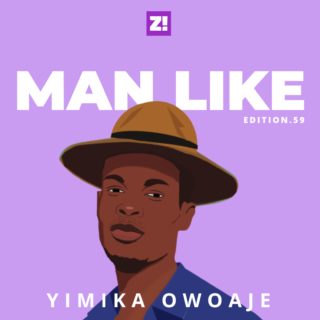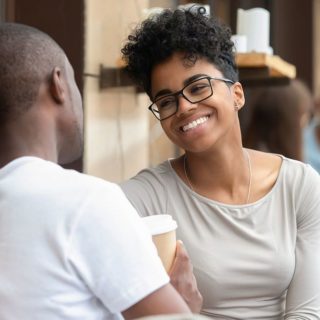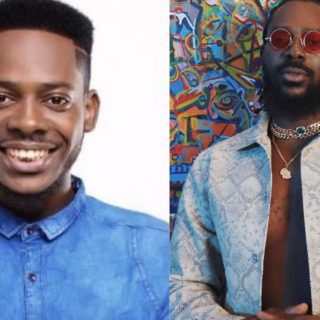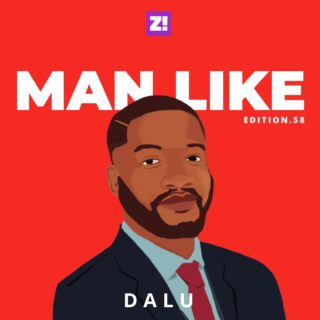What does it mean to be a man? Surely, it’s not one thing. It’s a series of little moments that add up. Man Like is a weekly Zikoko series documenting these moments to see how it adds up. It’s a series for men by men, talking about men’s issues. We try to understand what it means to “be a man” from the perspective of the subject of the week.
Check back every Sunday by 12 pm for new stories in the Man Like series. If you’d like to be featured or you know anyone that would be perfect for this, kindly send an email.
Today’s Man Like is Bolu Okupe, a 27-year old bodybuilder and model living in Paris. He talks about repressing his sexuality until he was in his 20s, having to assert his masculinity and how he deals with internet trolls.
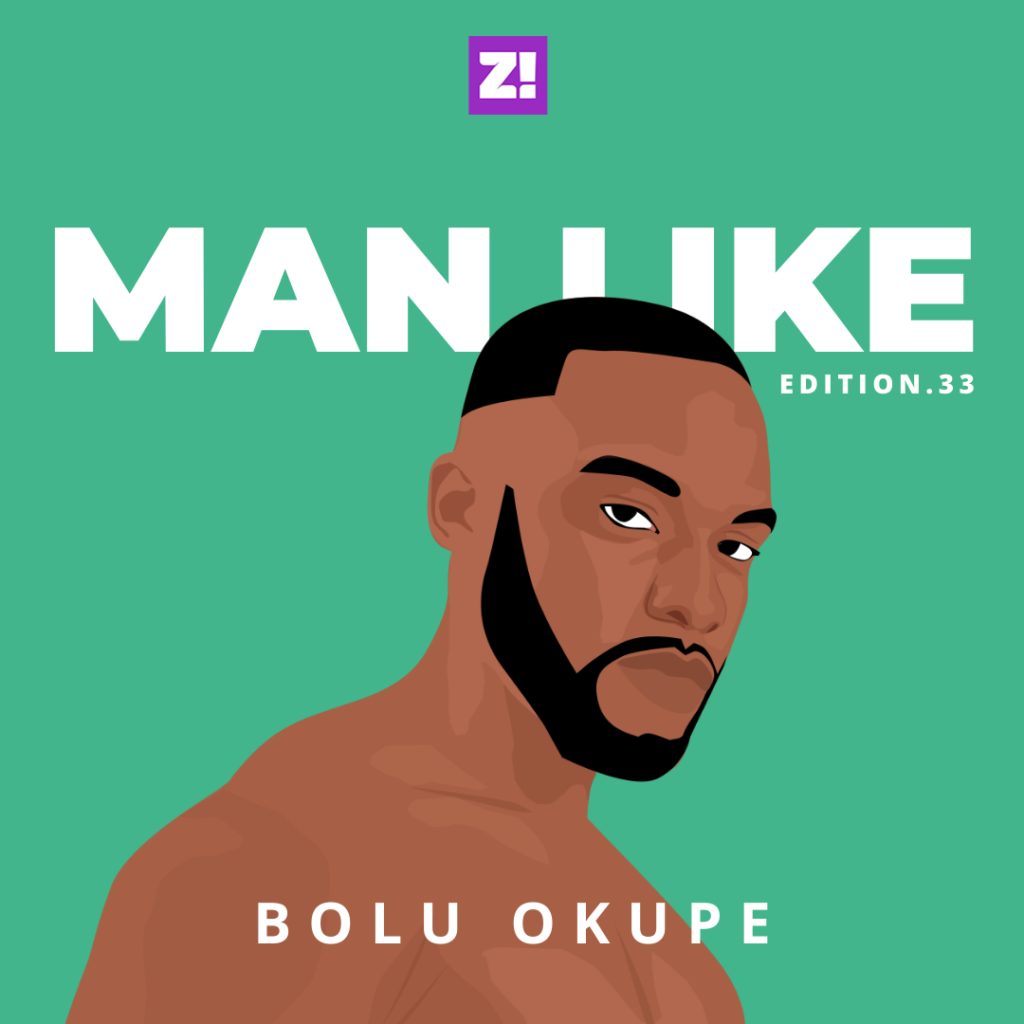
When did it first hit you that you were a man?
I don’t think there was any single point where I realised I was a man. Even when I struggled with my sexuality, I knew innately that I was a man. I never called my gender expression into question because through it all, I was secure in myself.
Tell me about your journey with your sexuality.
Let me tell you a short story. On the 20th of January 2021, I hit send on an Instagram post that ended up going viral. In that post, I came out as gay. One of the reasons it went viral was because my father is Doyin Okupe, a popular Nigerian politician who championed Nigeria’s anti-LGBT legislation during Goodluck Jonathan’s tenure.
Wow.
I think that sums up my situation.
When did you realise you were gay?
I knew I was different since I was 10. I didn’t know I was sexually or romantically attracted to men because I wasn’t sexually aware yet. When I was a student at Dowen College, there was this boy who was my senior I was drawn to. I was always around him. I didn’t realise what I had then was a crush. In retrospect, that was when I started to see the signs that I was attracted to men. I think it wasn’t until I was 15 that I was certain. My hormones started to rage, and I was fully aware of sex and sexuality.
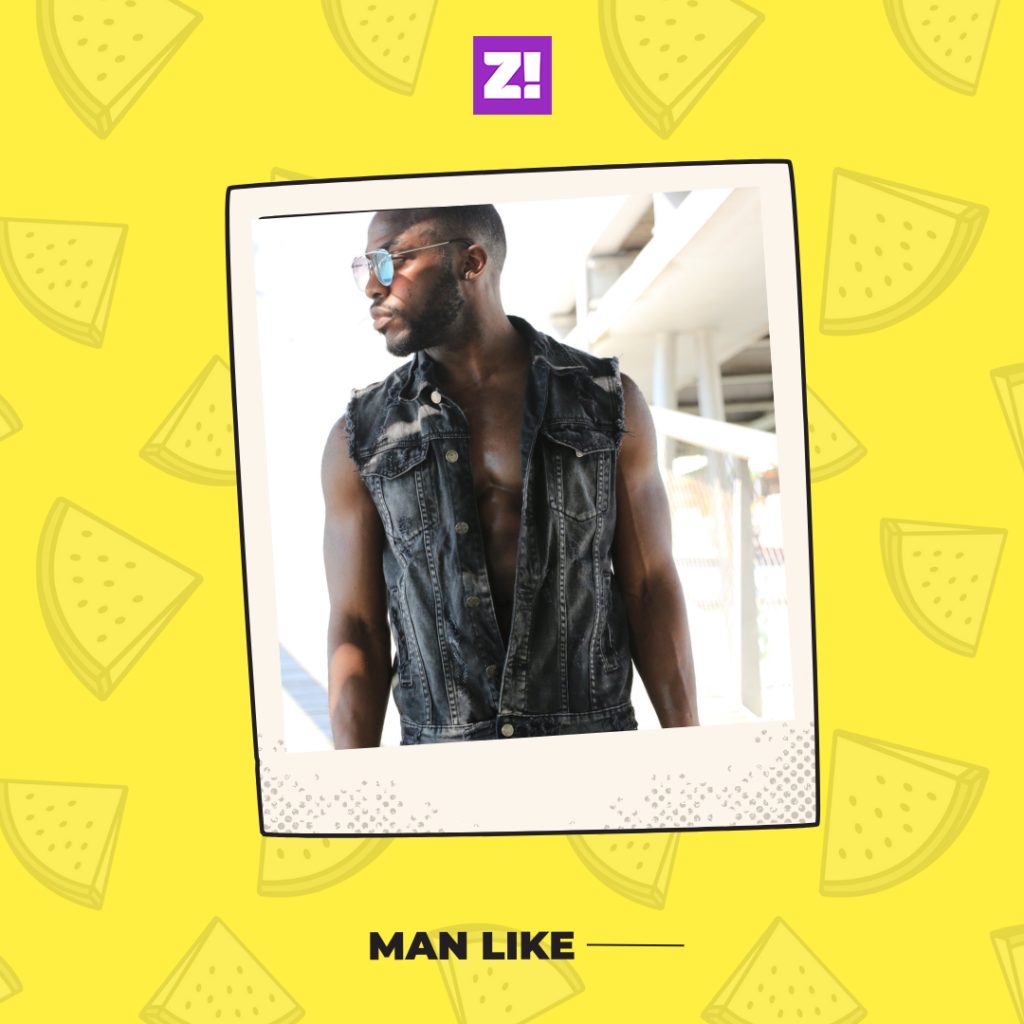
How did becoming certain affect you?
I fought very intense personal battles. I didn’t start exploring with men until my 20s because I was trying to suppress my feelings. I felt guilt and shame, especially because I came from a religious family. I cried and prayed and begged God every night to fix me and turn me straight. Growing up in a religious home makes you feel like there’s something wrong with you for feeling differently. There were mental battles as well — I was depressed for several months and started abusing alcohol and weed just to make the mental torture stop.
I used to force myself to date and sleep with women. After I came out, some of those girls came to ask me if our relationships were fake.
Were they fake?
I’m not going to say it wasn’t real. I liked them. Outside of physicality, I bonded emotionally with them. I believe you can have emotional connections with anybody regardless of their gender or your sexuality. I may not have been all the way honest with them but then again, I wasn’t being honest with myself.
When did you start being honest with yourself?
One day, I just said, “Fuck it. If I’m gay, I’m gay.” Fortunately for me, I lived in the UK at the time where you could be openly gay without any fear.
How did your family react to this?
I had actually told my family. I used to be very dramatic so I called a family meeting with my older brother and mother when I was a teenager and said, “I’m sorry guys, but I think I’m queer.” So they always kinda knew.
I never discussed it with my dad. I was surprised when I heard him say that he had always known I was gay during an interview. I used to make queer content on my YouTube channel and some of it must have found its way to him.
What was your relationship with your dad like, growing up?
I moved to the UK at a young age, so we never really had a close relationship, but it was good. Even now, with our differences, we talk on the phone often. One thing I’m never going to do is go anywhere to bash his name. I owe a lot of my life to him. While I no longer depend on him, he was responsible for me. It’s thanks to him I was able to travel to the UK and France, where I currently live. I’m always going to have that gratitude for the things he’s done for me.
Do you think things would have been different if you had grown up with him?
Definitely, and not in a good way. I would never have been comfortable with expressing myself or exploring my sexuality. I recognise the privilege that allowed me to grow up in a different country. I know that queer Nigerians don’t have that the privilege to live openly because of how homophobic Nigerians are. I’m satisfied with the life I’ve lived, so I wouldn’t trade it for anything.
Interesting. Do people often question your masculinity because of your sexuality?
Of course. All the time. When I came out, mean homophobic people were in the comments replying with “yass queen” and “congratulations Miss Bolu” in obvious attempts to feminise me. There’s a stereotype that all gay men are hyperfeminine. I don’t even think it’s just a Nigerian homophobia issue. It’s a global notion that needs changing. There are different types of gay men and that’s okay. This is why it’s important to have different representations of gay men in the media. We don’t get to see a lot of masculine gay men, probably because it’s not as sensational.
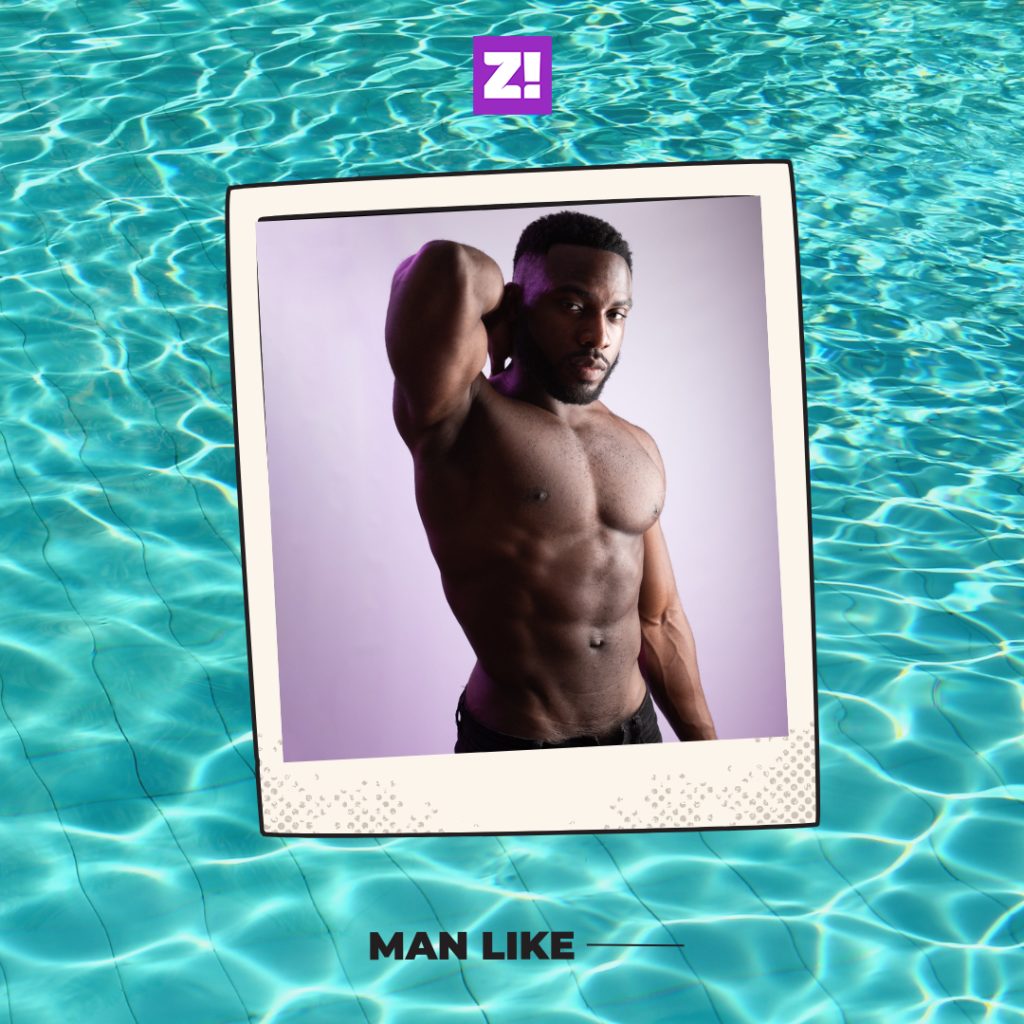
I imagine you are a target of a lot of bullying and homophobia, being the son of a prominent Nigerian who supported the passing of Nigeria’s anti-LGBT law. How do you deal with it?
Frankly, I just laugh. I recognise that a lot of people are lost. I’m not trying to make excuses for them, but when you’ve grown up in such a religious culture and you’ve been indoctrinated daily since your childhood, it becomes all you know. It takes a certain amount of exposure, open-mindedness and willingness to learn to be able to divest yourself of homophobia. I’m really not surprised by the backlash I get for being gay.
Hmm.
I don’t think that every person who is homophobic is actually a bad person. I think that they are just operating based on what they know. They don’t know anything else until they make the decision to unlearn what they’ve been taught and not everyone is capable of doing that.
I’m fortunate to have thick skin, so I’m not really bothered by what people say. I get the vilest, abusive remarks from people in the comments section of my IG even though I’ve never done anything to hurt any one of them. Thankfully, none of it gets to me. There’s also some positivity from people who show their support and let me know that I’m not alone. I get DMs and emails from people who say they were positively impacted by my situation, and honestly, I’d do it all again if given another chance.
That’s good to hear.
Check back every Sunday by 12 pm for new stories in the Man Like series. If you’d like to be featured or you know anyone that would be perfect for this, kindly send an email.
Are you a man who would like to be interviewed for a Zikoko article? Fill this form and we’ll be in your inbox quicker than you can say “Man Dem.”

